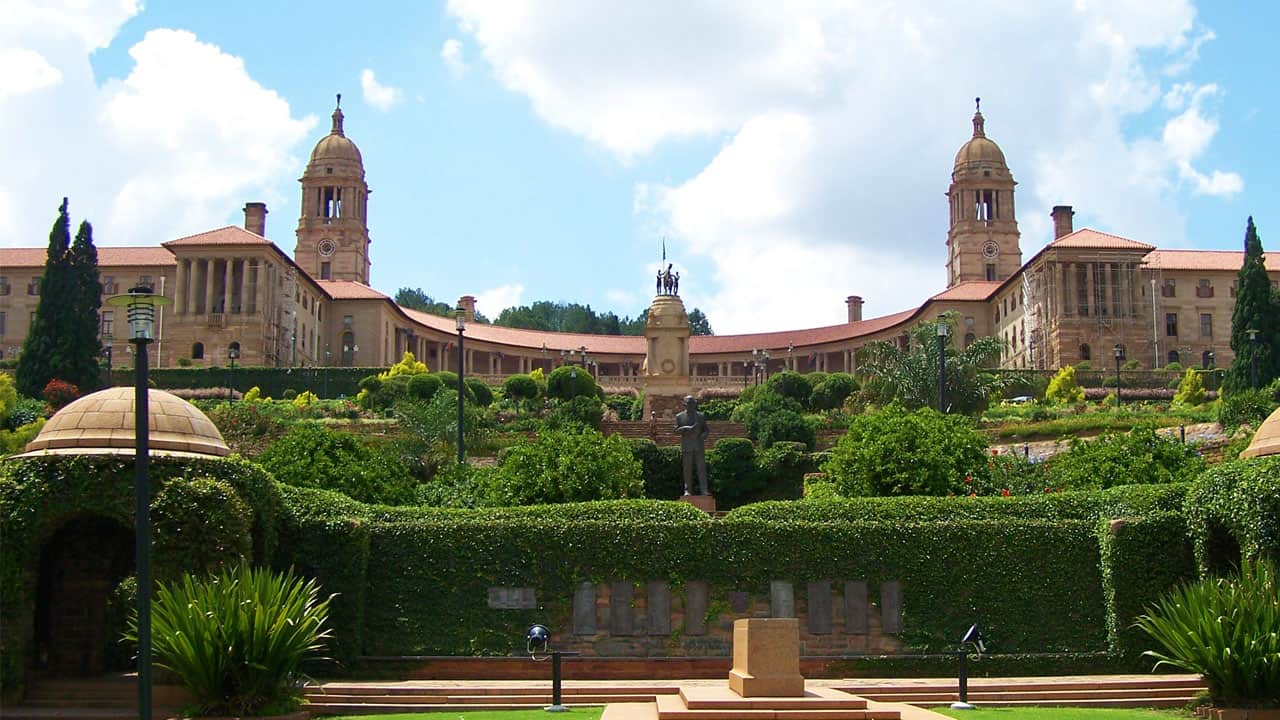In an election year, it’s often a no-holds-barred scenario as parties jostle for advantage amongst the electorate. In South Africa, much of that electorate votes out of loyalty or tradition, but for a significant proportion who take time and care over their decision, it comes down to trust – whom do you trust to act in your best interests?
Yesterday’s media carried the news that President Jacob Zuma is suddenly offering to pay back the Nkandla money, an abuse of taxpayers’ money that has cost him dearly in terms of public trust. The amount to be paid will be determined by an independent and impartial entity such as the Auditor-General. In her comprehensive investigative report titled Secure in Comfort, Public Protector Thuli Madonsela recommended that Zuma pay back at least a portion of the costs incurred during the construction of non-security items at his private homestead, but that he should determine the amount with the help of the treasury and police service.
Zuma promptly delegated this task to the unlucky minister of police, Nathi Nhleko, in mid-2014. It took Nhleko a year to come to the conclusion that Zuma was not liable for a cent.
Is Zuma now attempting to win the trust of voters, just months ahead of local government elections? Is this a classic electioneering ploy, or did he have no choice, as the DA suggests? It may be too little, too late, because the timing is important – the statement comes six days before arguments are heard in the Constitutional Court in a case brought against Zuma by the EFF and later joined by the DA and Public Protector, and eight days before the annual State of the Nation address (SONA). Last year’s SONA was interrupted repeatedly by the EFF wanting answers on Nkandla, resulting in the forceful removal of the party from Parliament.
Trust survey brings bad news for government
The Edelman Trust Barometer (ETB) measures levels of trust in four institutions – business, the government, media, and NGOs. Respondents are asked how much they trust the four institutions to do what is right. The report is published by communications and public relations group Edelman.
South Africa debuted on the ETB in 2014 with an unimpressive 17% of respondents saying they trusted the government. Things have not improved since those days.
Based on interviews with 33 000 people in 28 countries, this year’s global trust and credibility survey shows that public trust in governments generally has sunk to its lowest level ever – the barometer was first published in 2000. Trust is particularly bad in developing countries, with two Brics countries – South Africa and Brazil – faring the worst. Only 21% of Brazilians trust their government, while in South Africa only a paltry 16% of people trust their government.
According to the ETB, therefore, the South African government is the least trusted of all.
It might consider itself lucky to have achieved even 16% – since the Edelman interviews were conducted, in October and November 2015, events such as the student fees protests, the controversial sacking of former finance minister Nhlanhla Nene, and the racism storm could have driven that meagre figure even lower.
The ETB was released at this year’s World Economic Forum meeting in Davos, where the South African government’s poor reputation did not go unnoticed. The Zurich-based Swiss daily Tages Anzeiger published an embarrassing article on 19 January titled “Ein toxischer Präsident” (A toxic president), which exposed Zuma’s many financial controversies, the disastrous effect of his tenure as president, and how his time at the top has turned the former rainbow nation into a patronage state – one where foreign investors will be especially cautious to tread.
Income inequality, diverging views of the future
A large trust gap is emerging between elite and mass populations, the ETB found. Trust is rising in the elite or “informed public” group – those with at least a college education, who are very engaged in media, and have an income in the top 25%. However, in the “mass population” (the remaining 85% of the sample), trust levels have hardly moved since 2008.
Edelman says this gap is caused by income inequality and different expectations of the future. In more than 66% of the nations surveyed, less than half of the mass population respondents believe they will be better off in five years’ time. The disparity also shows that the opinions of the lower income group are not following those of the higher.
The effect of the trust gap is significant, said group CEO Richard Edelman. “This brings a number of potential consequences including the blocking of innovation, the onset of protectionism and nativism, and the rise of populist politicians.” Edelman was referring to the like of Donald Trump in the US, France’s Marine Le Pen and in South Africa, albeit to a lesser degree, Julius Malema.
South Africa is hungry for growth, the report notes, but both groups of respondents are looking for trustworthy leaders to step forward and take the country to the next level.
Business is significantly more trusted than government in 21 of the 28 countries, although there are large gaps in countries such as South Africa (44 points), Mexico (44 points) and the US (12 points). Trust in business rose from 64% in 2015 to 75% in 2016 among the informed group, and remained at 60% for the mass population. People are looking to the business sector to tackle not only economic issues, but also societal change, said Edelman.
Online sources, meanwhile, are increasingly trusted as primary places to get information. Trust in these sources grew from 52% in 2015 to 60% in 2016 in the general population, and from 59% to 70% in the informed group.

